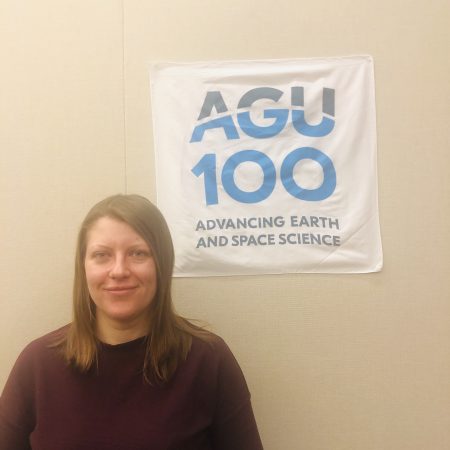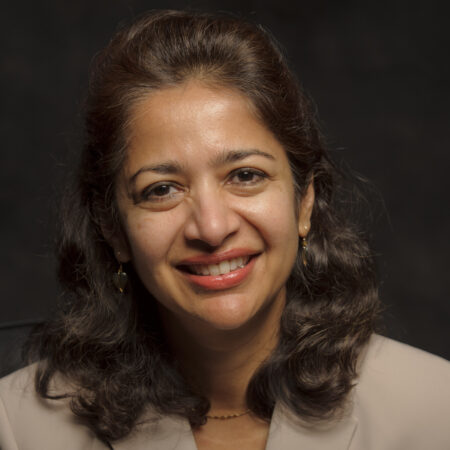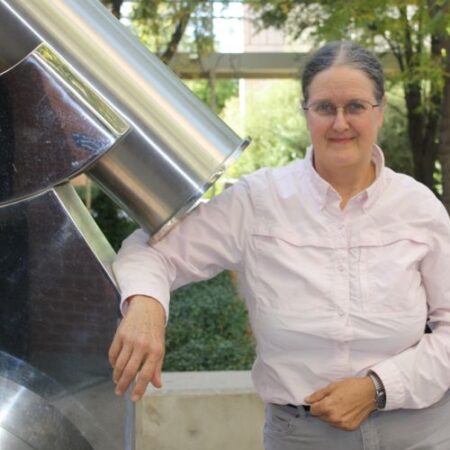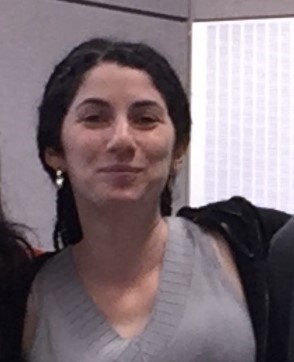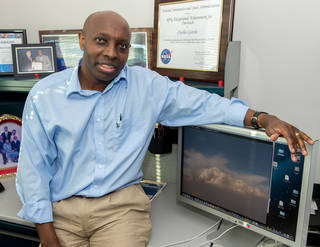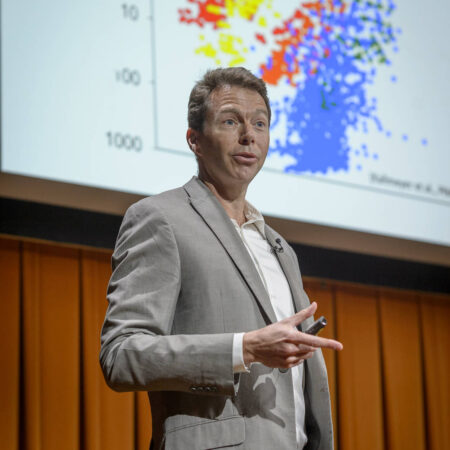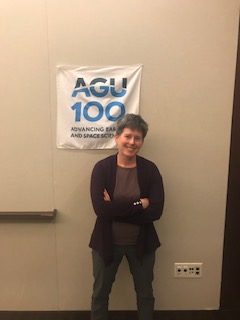Refine
Date Range Clear
Recorded by Clear
Keywords Clear
- Science in society 77
- Women in Science 77
- Science Communication 43
- #AGU100 49
- #AGU 42
- NASA 32
- 352 more
Partnerships Clear
Organizations Clear
Places Clear
- Washington DC 31
- AGU 2018 Fall Meeting 30
- AGU 2019 Fall Meeting 11
- San Francisco 10
- Bay Area 9
- 69 more
Languages Clear
Initiatives Clear
Michele Koppes and Heidi Roop met “on an incredible landscape on the edge of the Greenland ice sheet about two years ago.” The conversation that followed made both of them think more closely about the value of science communication and...
Gael Cascioli is a planetary scientist at NASA’s Goddard Space Flight Center where he focuses on planetary geodesy — the measuring of the gravity field and shape of a planet — and is working on the upcoming VERITAS mission which,...
Dr. Egle Cekanaviciute is a Principal Investigator and Research Scientist in the Radiation Biophysics Laboratory at the NASA Ames Research Center. She is also one of the Course Directors for STAR (Spaceflight Technologies, Application and Research), an intensive training course...
Kiya Riverman ended up studying glaciers because, on a field work trip, she was one of the few who could fit the ice cave in the glacier. She recalls, “you're surrounded by glaciers and then sometimes you're underneath glaciers. And...
Julia DeMarines is a graduate student at the University of California at Berkeley in the Earth and Planetary Science department, an educator at the Mentoring Academy, a National Geographic Explorer, and a science communicator who runs a space comedy event...
Kristi Hager (74) and her goddaughter, Willa Fouts (32) talk about mentorship and support over the years, memories of a trip to San Francisco, climate change advocacy, women's rights and Willa's portrait and the feeling of comfort at being included...
When it comes to data archiving, Michele Thornton has you covered. As a Geospatial Data Professional for ORNL-DAAC, Michele ensures that NASA funded research is accessible not only to researchers out in the field but to a larger user community...
Alicia Hoffman is a graduate student at the University of Wisconsin - Madison. She is studying air quality and how to model the chemistry that impacts our air, using the Community Multi-scale Air Quality Model — developed by the Environmental...
With experiences from Azerbaijan, India and the United States, three scientists discuss how they’ve shared their passion for science in society and data transparency from generation to generation. They hope future generations continue to use data to help people withstand...
Hi everyone! This video below is a zoom recording from an interview a peer and I conducted for a college philosophy project. We used several philosophical theories based on morality in this interview. The person we interviewed is a great...
Priya Ghosh is an astrophysicist, nuclear engineer, and a postdoctoral researcher at NASA Goddard Space Flight Center. There she builds and develops radiation detectors to detect neutrons and gamma rays, and also studies and analyzes cosmic ray data to better...
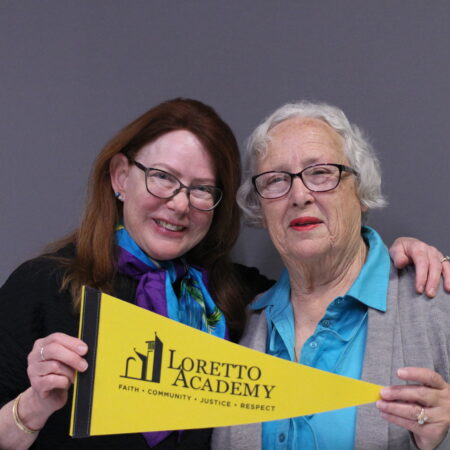
Friends Dr. Ruth Glanville Perez (75) and Eva Antone Ross (76) recall their time at Loretto Academy and reflect on how Loretto Academy influenced their personal and academic pursuits. They also talk about Dr. Perez's career as a research scientist...
As the Deputy Program Manager for NASA’s Radioisotope Power Systems Program at Glenn Research Center, Concha Reid leads a team overseeing and monitoring devices that heat and give power to NASA space projects, such as the recent Orion spacecraft for...
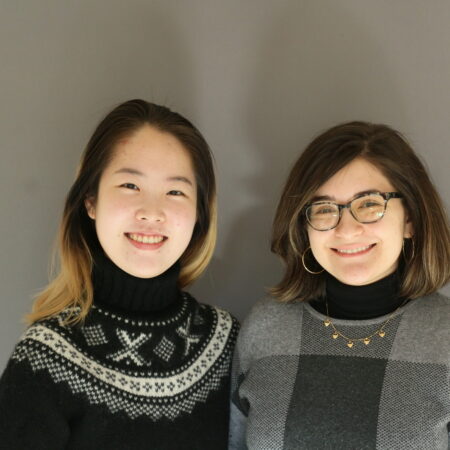
Friends Claire Kyoung (21) and Minna Apostolova (21) reflect on navigating college during the COVID-19 pandemic and how their friendship has helped them both grow through challenging times.
Why do people feel they way they do about issues? Why do lawmakers and policy leaders seemingly act against their better interests? And how can information be developed in a way that leads not just to greater understanding, but to...
Shelby Hurst grew up in northern Michigan where she spent plenty of time poking at and asking questions about the rocks in her grandparents’ backyard, which eventually led her to a PhD in geochemistry. She discusses the importance of women...
Ana Jeleapov studies landscape geography and hydrology at the Institute of Ecology and Geography in Moldova. She and a small team of scientists are trying to decrease flooding in Moldova. “Floods are a natural phenomenon” with sometimes deadly impact on...
Although she works as a specialist in space biology, Dr. Sharmila Bhattacharya says communication is key when it comes to driving change with your work and advancing your career. Learn more about how she got her start in science, from...

Audrey Taylor (43) and Shannon Donovan (42) talk about being scientists and mothers in Alaska.
Marcia Rieke has had to take a break from her job as a professor of astronomy at the University of Arizona recently because she is currently the principal investigator of the Near Infrared Camera being launched on the James Webb...
James Famiglietti, hydrologist and Director of the Global Institute for Water Security, University of Saskatchewan, discusses his work with NASA's Gravity Recovery and Climate Experience (GRACE) and the evolution of technology throughout his career including its impact on water security....
Nina Fefferman is a professor at the University of Tennessee in Knoxville in the departments of Mathematics and Ecology & Evolutionary Biology, where she is also the director of the National Institute for Mathematical and Biological Synthesis. In her varied...
Dr. Charles Gatebe's research focus is on clouds aerosols, ecosystem structure and function, albedo, and feedbacks to climate. In this interview, we chat about his science journey pursuing science, starting with his interest in studying Kenya’s air pollution, and how...
Dr. Tori Hoehler is a scientist at NASA Ames, with a background in chemistry and oceanography. He now studies the interaction of microbial communities with their environment, with an emphasis on the habitability of environments beyond Earth and the detectability...
“What is the earth saying to us?” Jackie Caplan-Auerbach is a volcano seismologist with the Western Washington University geology department. Jackie studies ice avalanches, which can happen at any time. Most ice landslides do not give warnings, but some do....
![“How is it that we collect stories [and] create spaces for those stories to be told?” An interview with Michele Koppes and Heidi Roop](https://archive.storycorps.org/uploads/2019/07/181212_Koppes-and-Roop_Booth-450x450.jpg)

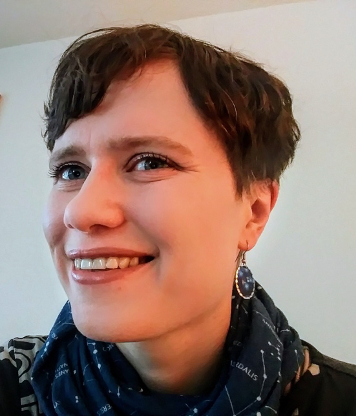
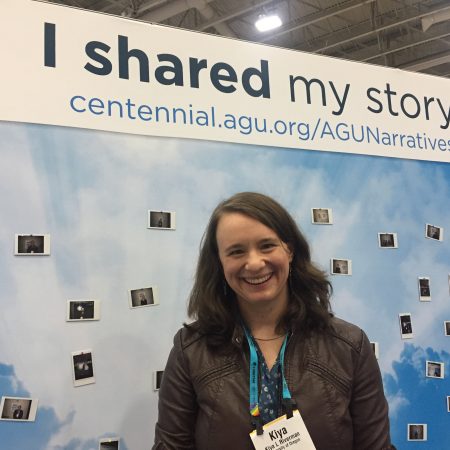
![“I'm proud my…perseverance of curiosity has gotten me to be [with] people who talk about life in the universe.” Interview w/ Julia DeMarines](https://archive.storycorps.org/uploads/2023/12/65835f3c1a41a__DeMarines_headshot-450x450.jpg)
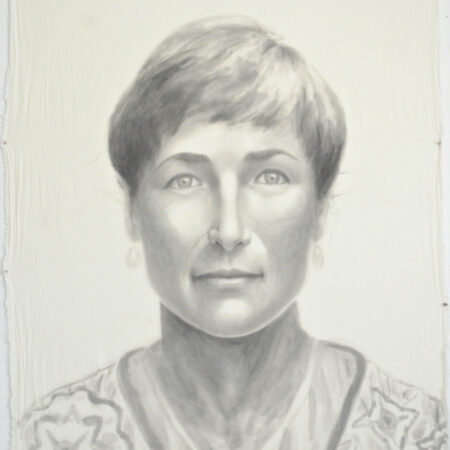
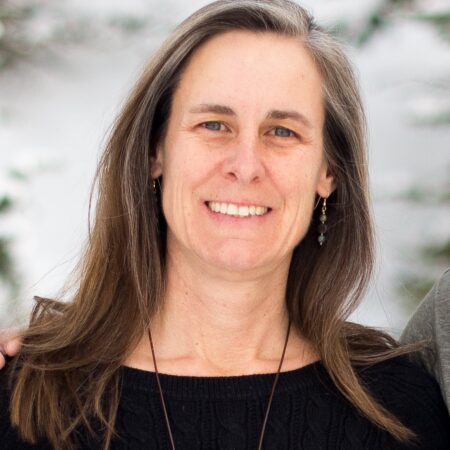
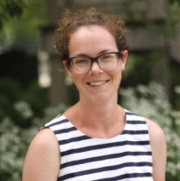
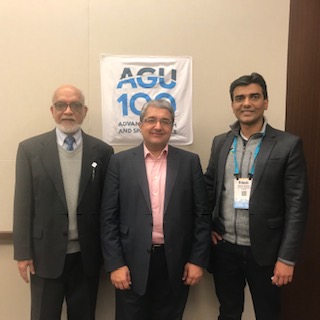

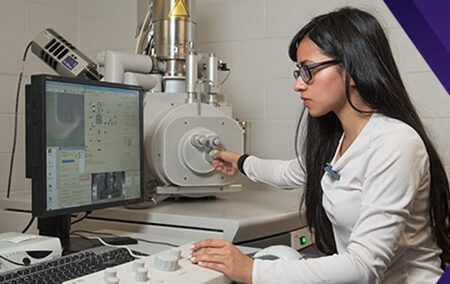
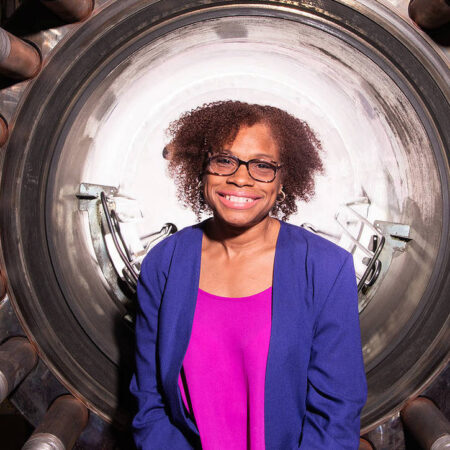

![“I enjoy knowing that a lot of people do care about [the climate] and they care to learn about it.” an interview with Shelby Hurst](https://archive.storycorps.org/uploads/2019/07/Shelby-Hurst-crop-450x450.png)
